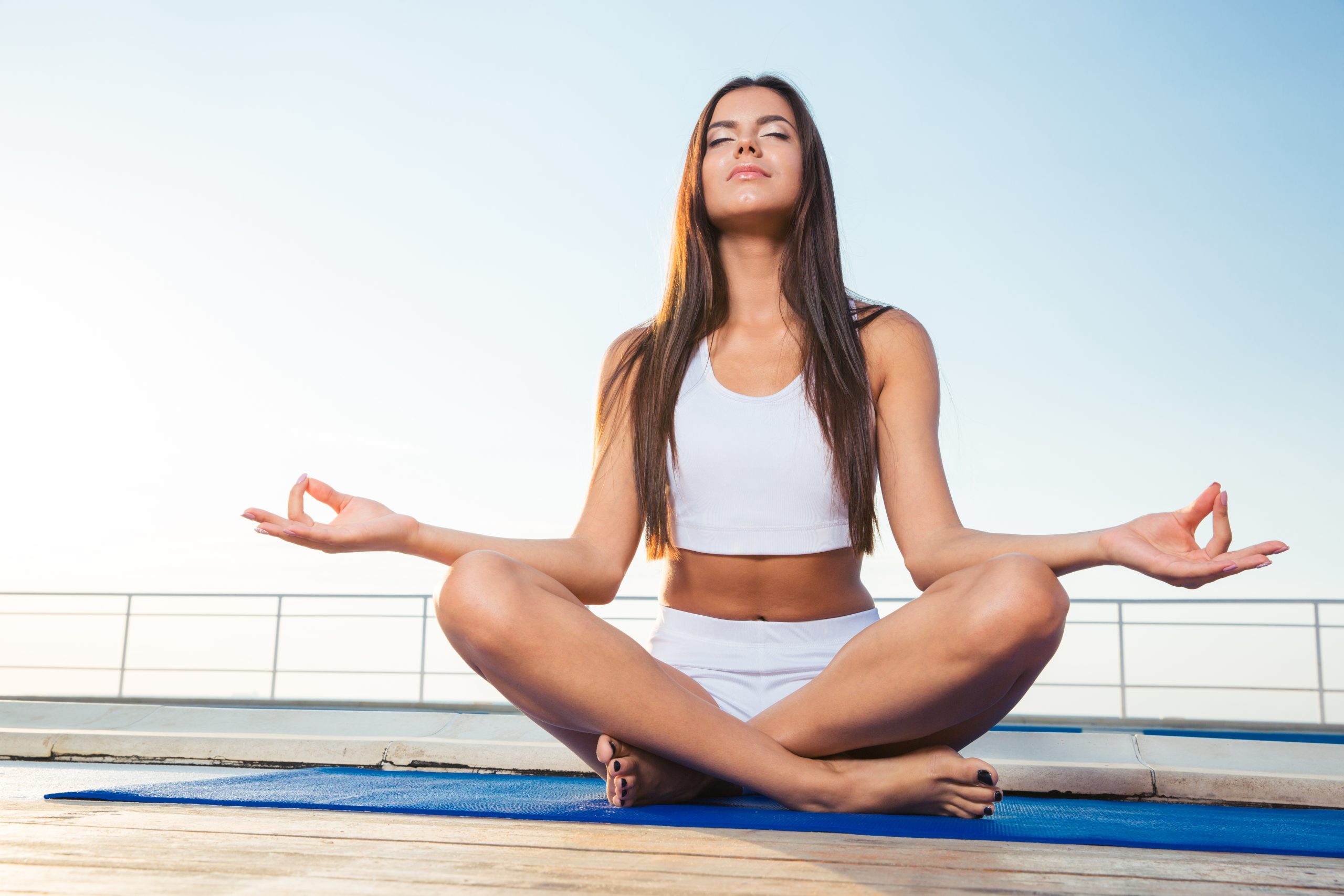Yoga is an ancient practice that originated in India over 5,000 years ago. Its original purpose was to connect the mind and body through physical postures breathing techniques meditation practices and relaxation methods. Today yoga has gained immense popularity worldwide due to its numerous benefits for both physical health as well as mental stability. In this blog we will explore how practicing yoga can lead to improved flexibility strength balance stress reduction along with emotional equilibrium.
The Advantages of Yoga – An Overview
Yoga is a versatile form of exercise that can be practiced by anyone regardless of age or fitness level. The practice involves performing various poses called asanas which are designed to stretch and strengthen different parts of the body without putting excessive strain on joints or muscles – making it ideal for those with injuries or chronic pain conditions. Additionally, yogas deep breathing techniques known as pranayama help calm down your nervous system while reducing stress levels significantly. With its gentle yet effective approach towards physical activity combined with mindfulness practices like meditation- yoga offers an all round healthy lifestyle choice suitable for everyone! So why not give this holistic practice a try? You may just find yourself feeling better than ever before!
The Physical Benefits of Practicing Yoga
Yoga has long been known for its ability to enhance flexibility and mobility. Through regular practice of asana postures, individuals can experience an expansion in their joints’ range of motion leading towards reduced stiffness or discomfort while also improving overall movement capabilities. Additionally, consistent yogic practices strengthen core muscle groups which leads towards better balance control along with decreased chances of injuries due to improved endurance levels achieved over time through dedication towards this ancient discipline! With so many benefits available from incorporating it into daily routines – why not give it a try?
Yoga for Mental and Emotional Health
Yoga is more than just a physical exercise; it can have an incredible impact on our mental and emotional wellbeing. Regular practice of yoga has been shown to alleviate symptoms associated with anxiety disorders, depression while reducing stress levels significantly while promoting feelings of calmness within individuals who engage in this activity regularly . Moreover , through mindfulness practices which are integral components of Yoga sessions one gains self awareness leading them towards deeper connections between their minds and bodies resulting into improved overall health outcomes over time.
The rewritten text should be written in such a way that it would make sense as part of a Marketing Material: Incorporating regular yoga practice into your routine could provide significant benefits for both body and mind. With its ability to reduce stress levels and alleviate symptoms related to anxiety or depressive conditions alongside fostering feelings of tranquility within practitioners – incorporating yoga into ones lifestyle may prove essential for achieving optimal health results long term. By focusing on developing greater self-awareness via mindfulness techniques during each session, participants will find themselves building stronger bonds between their thoughts and actions ultimately leading towards better holistic health outcomes down the line. Therefore if you’re looking for ways to improve not only physically but mentally too – consider giving yoga a try!
Yoga Myths Debunked
Despite its increasing popularity among fitness enthusiasts and healthcare professionals alike there are still some misconceptions about yoga that persist. One of the most prevalent myths is that only women can benefit from practicing this ancient discipline or that it’s too easy to provide any significant results. However nothing could be further from reality! Yoga requires dedication and effort regardless of gender or physical ability – making it accessible for all who seek its benefits. Another common misunderstanding is that yoga has religious roots; while it does have ties with Hinduism and Buddhism traditions- anyone can practice without subscribing exclusively to these belief systems. Don’t let false assumptions keep you away from experiencing the many positive effects of yoga!
The End of Your Yoga Journey – Starting Your Own Practice
Are you interested in exploring yoga? Don’t fret – there are numerous resources available to help guide your journey. Many gyms and community centers offer beginner level classes that introduce fundamental poses and techniques while online tutorials provide guidance for those who prefer practicing at home. Remember though: consistency is key when it comes down reaping the benefits from this practice! So whether attending regular sessions or finding time between other commitments make sure you prioritize self care through mindful movement with each passing day/week. The path towards inner peace begins now!

